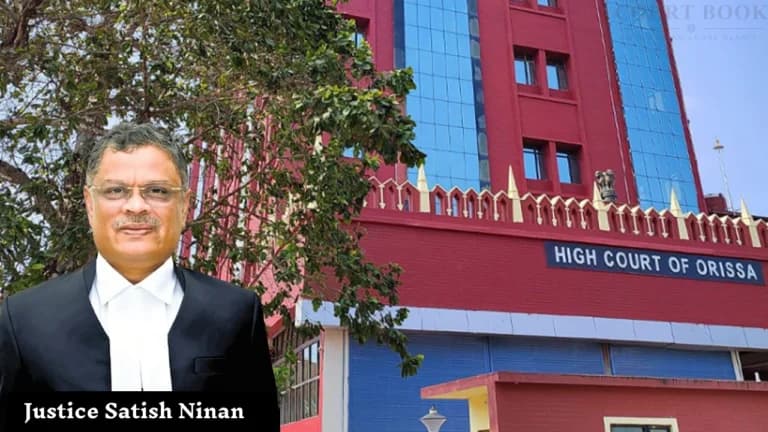In a dramatic order that cut through nearly fifty years of litigation, the Orissa High Court at Cuttack directed the State government to either supply timber logs promised under a decades-old contract or pay present market value to the heirs of a deceased forest contractor.
Justice Dixit Krishna Shripad, while pronouncing the verdict on September 8, 2025, expressed strong displeasure over the long delays and remarked that "delayed justice is an egregious form of human rights violation."
Background
The case has its roots in the 1970s. Two contractors, Udayanath Sahoo and R.S. Bhatia, had won forest leases in Karanjia division. A dispute between them reached the Orissa High Court and later the Supreme Court, which in 1992 recorded a settlement that required the State to identify and release timber. The idea was simple both contractors would share the wood and adjust earlier payments.
Read also:- Punjab and Haryana High Court Directs State to Decide Legal Officers Pay Parity Plea Within Three Months
But things were never that simple in practice. Environmental laws had tightened by then, especially with the Wildlife Protection Act and later the Forest Conservation Act. The State resisted cutting trees, citing ecological concerns. Instead of compliance, the contractors were pushed into one case after another contempt petitions, execution cases, and endless affidavits. Sahoo passed away during the long fight, leaving his legal heirs to carry forward the battle.
Court's Observations
The bench did not mince words about the State's conduct. "Court orders are not for photo framing, but for implementation," Justice Shripad observed. He rejected the State's argument that it was not bound by the compromise, pointing out that the Supreme Court’s order had specifically placed obligations on the government.
Read also:- Supreme Court Orders Maharashtra to Form Special Team for Akola Riot Assault on Teen Witness
On the State’s claim that the contract was frustrated by later forest conservation rulings, the Judge was unsparing. He reminded that both the Forest Conservation Act, 1980 and Wildlife Protection Act, 1972 were already in existence when the Supreme Court gave its order. Attempts to revive the same objection decades later,
the court said, were "nothing but an afterthought intended to defeat the decree, if not defraud the Decree Holders."
At the same time, the judge acknowledged practical difficulties of cutting live trees today. He hinted that execution courts must adapt and grant "substituted remedies" when primary relief is no longer workable.
Decision
Balancing legality with practicality, the High Court ordered the State to act within three months. The options are:
- Supply logs equivalent to the settlement through the Orissa Forest Development Corporation, provided the decree holders clear any outstanding dues with 6% interest from 1997 or
- Pay present market value of such logs, after adjusting dues and interest
Additionally, the State was slapped with ₹2 lakh in exemplary costs, to be recovered from officials responsible for dragging the case. The court also left scope for further applications if technical difficulties arise during execution.
With that, Justice Shripad closed the matter, leaving the decree holders with some hope of finally tasting the fruits of a legal battle that began in the 1970s.
Case Title:- Udayanath Sahoo (Dead) represented by LRs. & Another vs. State of Odisha & Others
Case Number:- Execution Case No. 2 of 1997















